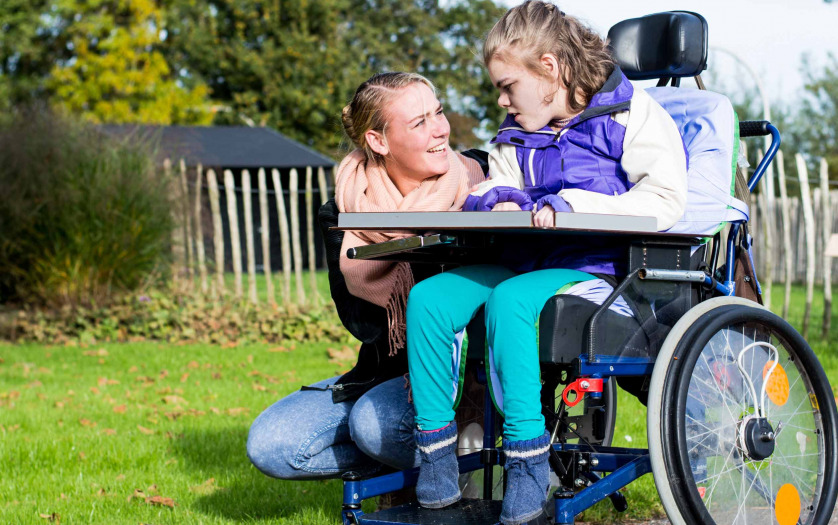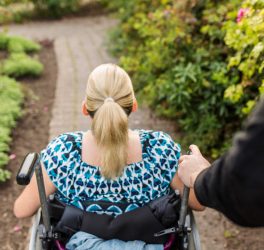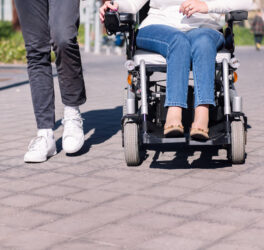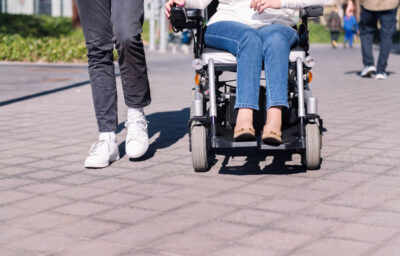
In March 2020 the World Health Organization (WHO) declared the outbreak of a novel coronavirus disease, COVID-19, to be a pandemic, due to the speed and scale of transmission.
WHO and public health authorities around the world are taking action to contain the COVID-19 outbreak. Certain populations, such as those with disability, may be impacted more significantly by COVID-19. This impact can be mitigated if simple actions and protective measures are taken by key stakeholders.
Actions need to be taken to ensure that people with disabilities can always access the health-care services and public health information they require, including during the COVID-19 outbreak.
- People with disabilities may be at greater risk of contracting COVID-19 because of:
- Barriers to implementing basic hygiene measures, such as hand-washing (e.g. handbasins or sinks may be physically inaccessible, or a person may have physical difficulty rubbing their hands together thoroughly);
- Difficulty in enacting social distancing because of additional support needs or because they are institutionalized;
- The need to touch things to obtain information from the environment or for physical support;
- Barriers to accessing public health information
- Depending on underlying health conditions, people with disability may be at greater risk of developing more severe cases of COVID-19 if they become infected. This may be because of:
- COVID-19 exacerbating existing health conditions, particularly those related to respiratory function, immune system function, heart disease or diabetes;
- Barriers to accessing health care.
- People with disability may also be disproportionately impacted by the outbreak because of serious disruptions to the services they rely on.
- The barriers experienced by people with disability can be reduced if key stakeholders take appropriate action.
To read the full report, go to https://data2.unhcr.org








